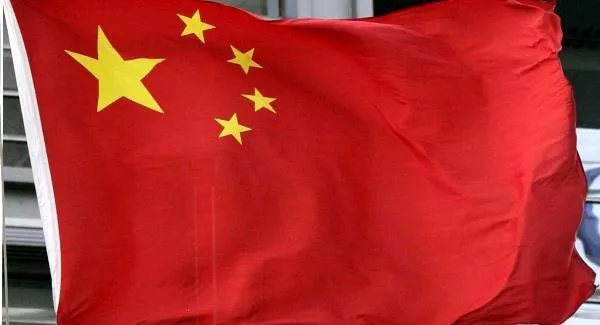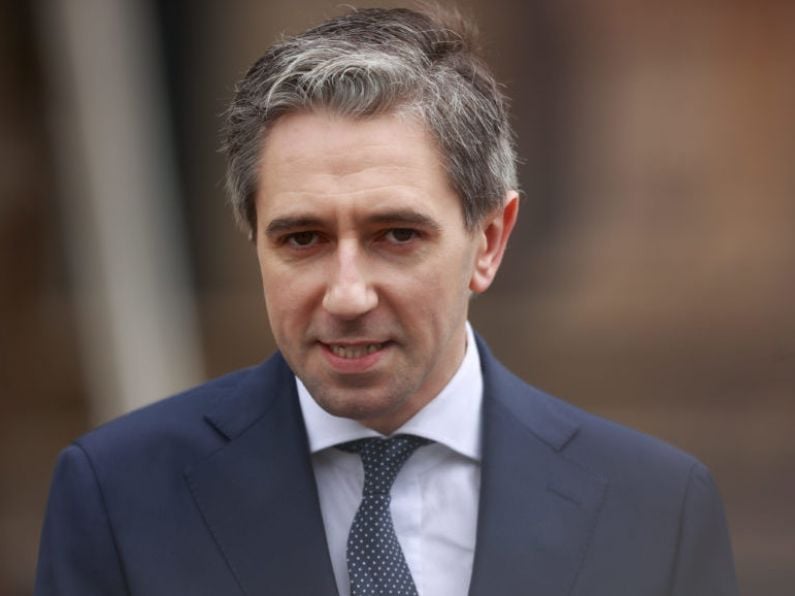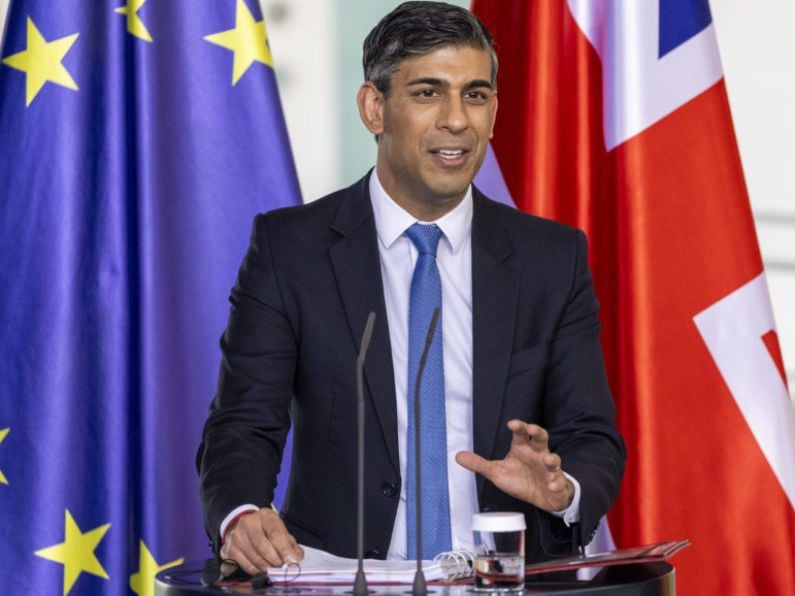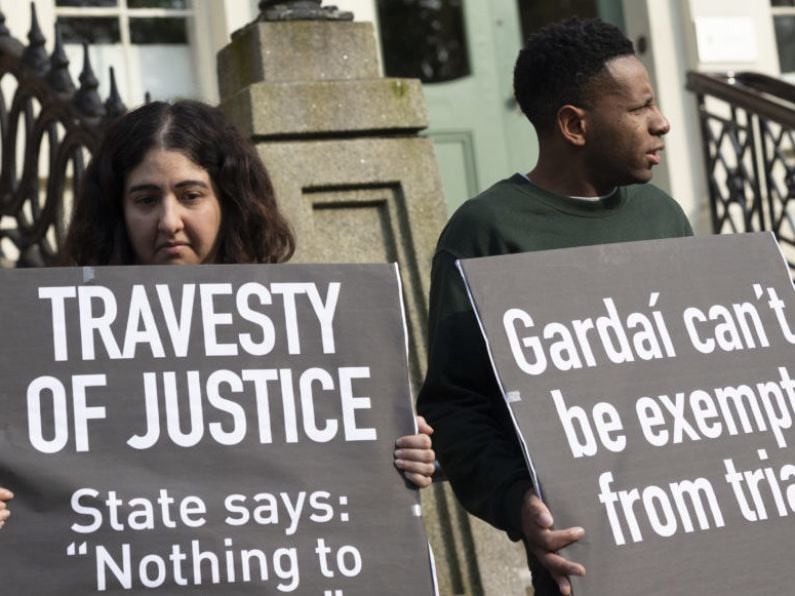Shawn Donnan
President Donald Trump often seems to be caught between his ideological desire to rewrite America’s trade relationship with China and a businessman’s instinct to cut a deal.
And with tomorrow’s mid-term elections looming and financial markets coming off a rough October, the dealmaker appears to have the upper hand.
“We’ll make a deal with China, and I think it will be a very fair deal for everybody,” Trump said on Friday after asking aides the day before to begin drafting ideas for an agreement to take to his planned meeting with Chinese President Xi Jinping at the Group of 20 (G20) summit in Argentina in late November/early December. The two sides are “getting much closer to doing something,” he said.
Still, to satisfy Trump’s own inner ideologue — and the China hawks in his administration — that “something” is going to have to hang on substance. And that’s where things are likely to get complicated.

Xi may fill out the picture today, when he is due to address a trade fair in Shanghai. Analysts familiar with White House discussions, however, say any deal struck at the G20 is likely to take the form more of a temporary truce than anything that will bring a final peace in the trade wars.
Such a ceasefire could, they said, see a commitment to forgo additional tariffs, and possibly even to remove some, while high-level officials negotiate a broader pact.
Any of those things would in the current context be a significant achievement and be welcomed by markets. But they would also leave Beijing and Washington facing arduous negotiations ahead.
[quote]If there’s goodwill and agreement, at least personal agreement between the two presidents of the two biggest economies, we’ll move forward after it and try to work with the Chinese on details[/quote]
- said Larry Kudlow, the head of Trump’s National Economic Council.
But even if conversations go well between Trump and Xi in Buenos Aires, Kudlow said, “it will still be a long, tough process
The reason for that, analysts argue, is that the structural and economic complaints Washington has with Beijing are far more consequential than those the US is confronting with any other trading partner.
If anything, the Trump administration has also been embarking on a more confrontational path with China of late, with recent speeches and comments by officials such as Vice President Mike Pence causing rumblings of a new Cold War.
“The distance between a leaders’ statement that they would like to work something out and would like to make some progress and actually reaching a deal is ginormous,” said Scott Kennedy, an expert on US-China relations at the Center for Strategic and International Studies in Washington.
The Trump administration has repeatedly labeled industrial policies, such as Beijing’s ‘Made in China 2025’ plan, to lead the world in areas such as robotics acts of “economic aggression” meant to undermine America’s place in the global economy.

Abandoning — or even weakening — the state subsidies and other incentives behind that plan is a concession Xi is unlikely to make, analysts said. Likewise, leadership in Beijing is
unlikely to respond favorably to US demands for it to dismantle the network of state-owned firms that control much of the Chinese economy.
One possible area of progress is protecting intellectual property, with Beijing potentially agreeing to do more to rein in hackers or to co-operate with US authorities who have intensified a crackdown on Chinese theft of trade secrets.
But making the sort of meaningful long-term changes to Chinese economic policy that Washington has been demanding is likely to be far more difficult for Beijing.
“It is difficult to see what sort of commitments China could credibly make to address concerns that the US has about a host of complicated issues,” said Eswar Prasad, a former China expert at the IMF.
Bloomberg






